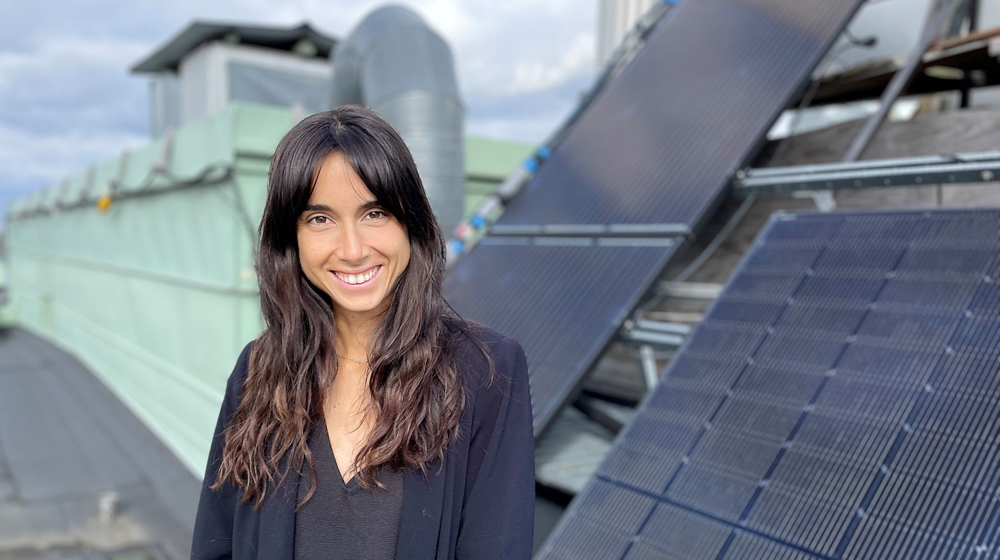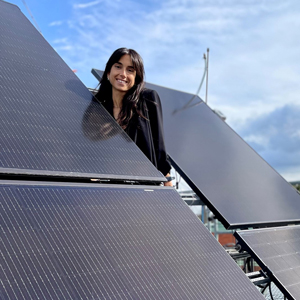Mission: Avoiding solar panel scrap crisis

Sweden is booming in solar panel installations. But what happens when solar panels reach the end of their lifespan? Without a clear plan for recycling, Sweden faces the daunting prospect of being buried under a mountain of old panels. Researchers at KTH are tackling this issue head-on through the CircSolar project.
Solar energy is the fastest growing energy source in EU. Although only 1% of current energy production in Sweden comes from solar energy, the Swedish Energy Agency targets a capacity growth of up to 10% by 2030. An increase in installed capacity entails an increase in future waste, which Sweden is already experiencing. Yet, the country lacks a well-established system for the reuse, repair, or recycling of solar cells. While the volumes of waste might not yet be alarming, if no action is taken, solar panel waste could escalate to a staggering 200 million tons globally by 2050.

“The installations have been skyrocketing, so it's a problem that's knocking on the door. A product meant to lead us towards a more sustainable future is now at risk of becoming a significant environmental issue. We need to explore the circular strategies available,” says Beatriz Pérez Horno, researcher at KTH and deeply involved in finding solutions through the CircSolar project.
In the CircSolar project that will last until 2026, KTH contributes with the research while the project is spearheaded by Axfoundation, bringing together actors from across the whole value chain.
“We are currently developing estimations and future scenarios to predict flows and processes. When concluding the project our aim is to propose a national infrastructure for the circularity of solar panels and the policies and directives required. This will be done taking into consideration the perspectives from all relevant stakeholders, so we can look forward to numerous interviews, on-site visits, group workshops, etc”.
Over the next 3 years, Beatriz Pérez Horno will be dedicated to exploring alternatives together with the project partners to find solutions including business models, incentive and remuneration structures, as well as the policy proposals. However, the problem is global and Pérez Horno says the project might have to adopt a broader perspective over time:
“The EU has declared that Europe needs to reduce its dependency on China, which currently dominates the market, both in panels and raw materials. Solar panels contain materials that can be recycled such as glass, plastic, aluminium, silicon, silver, copper and lead, offering a significant opportunity to support European PV manufacturing.”
Drawing inspiration from countries like Germany and France, which have more experience in solar panel management, the CircSolar team will learn from the ongoing projects to help Sweden get a circular system in place.
Furthermore, the government recognizes the looming challenge of solar panel scrap and calls for measures.
“It is positive that the government has already recognized the need for a responsible management of solar panels. This requires political action with clear regulations and a clear producer responsibility to create conditions for companies to prepare, invest in new technology, new business models and new processes," adds Johanna Olofsson Behrman at Axfoundation.
Text and photo: Anna Gullers
